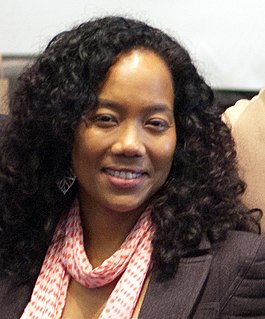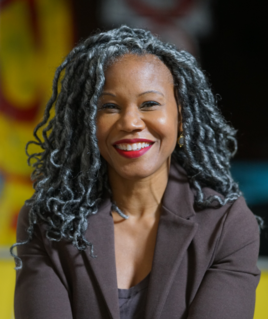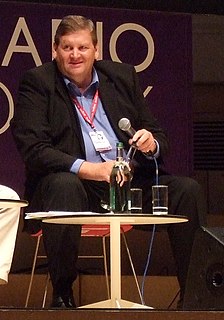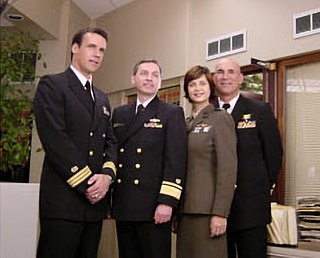A Quote by Edgar Mitchell
We're at a point in history were we have to become a part of the neighborhood of inhabited planets, like a neighborhood of a community, which we have not even acknowledged that that community exists up until this point.
Related Quotes
If you have an all-white neighborhood you don't call it a segregated neighborhood. But you call an all-black neighborhood a segregated neighborhood. And why? Because the segregated neighborhood is the one that's controlled by the ou - from the outside by others, but a separate neighborhood is a neighborhood that is independent, it's equal, it can do - it can stand on its own two feet, such as the neighborhood. It's an independent, free neighborhood, free community.
Build. Transform. Love. These are words I use all the time as we speak about community building and even real estate development because these are the kind of communities, like, we want to show you don't have to move out of your neighborhood to live in a better one. And when people think about living in a neighborhood, they are not thinking about fight - the community of their dreams, they are not fighting in it, they are not struggling in it. It's not, "Oh, I gotta put on my armor." All the time. I don't want to live like that. I don't.
Scripture starts with the particular and then universalizes it. You are called to love your concrete individual neighbor and then to realize that every individual is your neighbor. The point is not to destroy concrete neighborhood in a fit of universalism but to expand the local neighborhood and embrace the universal neighborhood.
Nowadays when a person lives somewhere, in a neighborhood, the place is not certified for him. More than likely he will live there sadly and the emptiness which is inside him will expand until it evacuates the entire neighborhood. But if he sees a movie which shows his very neighborhood, it becomes possible for him to live, for a time at least, as a person who is Somewhere and not Anywhere.
Such poverty as we have today in all our great cities degrades the poor, and infects with its degradation the whole neighborhood in which they live. And whatever can degrade a neighborhood can degrade a country and a continent and finally the whole civilized world, which is only a large neighborhood.
Most of the time, people are not actually concerned with prostitution and sex work. They're concerned about seeing people who they think are prostitutes and sex workers in their community. Sometimes this just comes down to profiling, the feeling of "I don't want someone who looks like that in my neighborhood." We need communities and neighbors to regard sex workers as part of the community and fellow neighbors. But that's really difficult. There's certainly nothing supporting that.

































